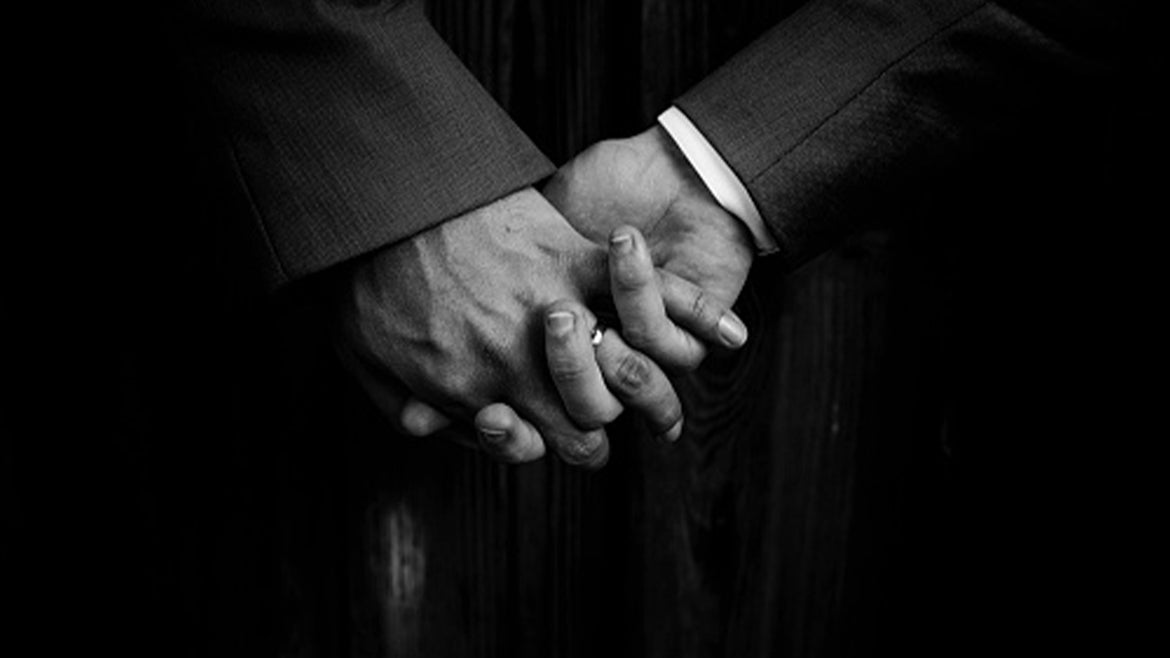Germany’s parliament felt remorse that "Paragraph 175" was maintained after the war. The law was officially removed in its entirety in 1994, the news outlet said.
German authorities have compensated nearly 250 people who were persecuted or investigated under a controversial Nazi-era law that criminalized homosexuality, according to a published report.
Nearly 68,300 people were convicted under various forms of the controversial “Paragraph 175 law,” that specifically targeted gay men, in East and West Germany, Euronews reported.
The law was first introduced in the 19th century and strengthened under Nazi rule. Between 1949 and 1969, an estimated 50,000 men were convicted under the law, the news outlet said.
On Monday, Germany’s Federal Office of Justice announced that 317 people applied for the compensation and by the end of August, all 249 cases were given the pay outs, the Independent reported.
The compensation they were given was approximately 860,000 euros, equivalent to 732,000 pounds, or $1 million in American currency, the news outlet reported.
Currently, there are 14 applications that are still being processed, 18 have been rejected and 36 have been withdrawn, according to authorities.
The deadline for applications is July 21, 2022, the news outlet said.
In 2017, German lawmakers approved the annulment of thousands of convictions under the Paragraph 175.
The law remained in place in West Germany until 1969, when homosexuality was decriminalized.The compensation also applied to men who were convicted in communist East Germany, which had a milder version of Paragraph 175, that was decriminalized in 1968, the Independent reported.
Those who were found guilty would receive payments of 3,000 euros, plus 1,500 euros for every year of jail time served, the news outlet said.
In 2019, compensation claims opened up to those who were under investigation or taken into investigative custody but not convicted, CBS News reported.
The payments included 500 euros for each investigation, 1,500 euros for each year in pre-trial custody and 1,500 for other professional, financial or health disadvantages relating to the law, the news outlet reported.
In 2000, the German parliament approved a statement regretting the retainment of Paragraph 175 after the war. In 2002, it annulled the convictions of gay men under Nazi rule, but not the post-war convictions, Euronews reported;
Germany’s parliament felt remorse that Paragraph 175 was maintained after the war. The law was officially removed in its entirety in 1994 , according to the news outlet.






